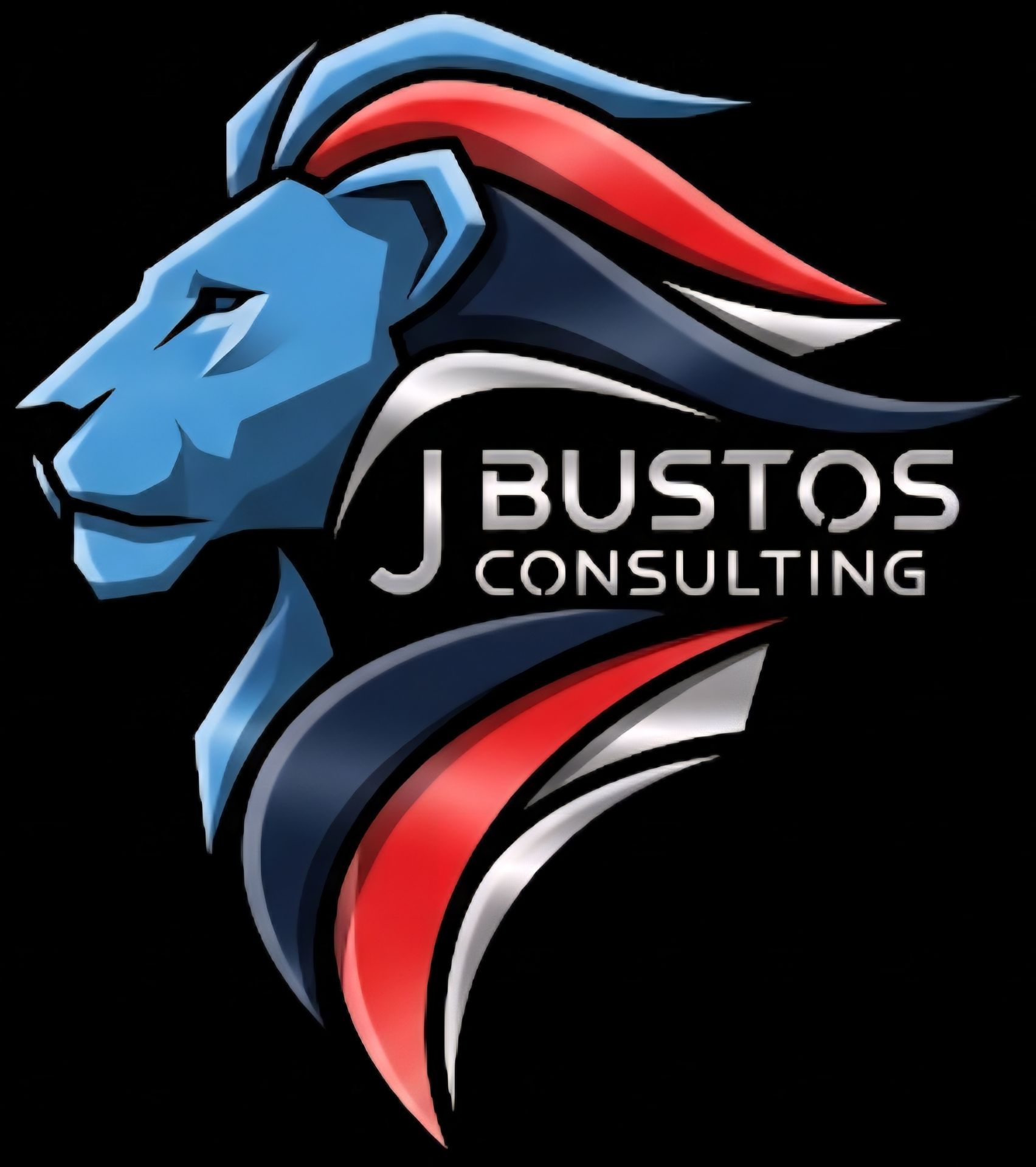From Reactive to Proactive: AI Strategies for Business Success
Embracing the Shift: From Reactive to Proactive
In today's fast-paced business environment, relying solely on reactive strategies is no longer sufficient for achieving sustainable success. As businesses face increasing competition and rapidly changing market conditions, a proactive approach becomes crucial. Leveraging Artificial Intelligence (AI) is one of the most effective ways to transition from reactive to proactive strategies, enabling businesses to anticipate changes and act accordingly.

Understanding the Proactive Approach
Unlike reactive strategies that respond to events after they occur, proactive strategies involve anticipating potential challenges and opportunities before they arise. This forward-thinking approach allows businesses to optimize their operations, enhance customer satisfaction, and improve overall efficiency. AI plays a pivotal role in this transformation by providing tools for data analysis, predictive modeling, and automation.
AI's capabilities in data processing and pattern recognition make it an indispensable asset for businesses aiming to stay ahead of the curve. By analyzing historical data and trends, AI systems can predict future outcomes with remarkable accuracy, allowing companies to make informed decisions proactively.
Benefits of Proactive AI Strategies
Implementing AI-driven proactive strategies offers numerous benefits:
- Enhanced Decision-Making: AI provides insights that help businesses make data-driven decisions, reducing uncertainty and improving strategic outcomes.
- Improved Efficiency: Automation of routine tasks through AI frees up human resources for more complex problem-solving activities.
- Increased Competitiveness: By anticipating market trends, companies can adapt quickly, gaining a competitive edge over slower-reacting rivals.

Implementing AI Strategies in Business
The integration of AI into business operations requires a strategic approach. Here are some steps to consider:
- Identify Key Areas: Determine which areas of your business can benefit most from AI, such as customer service, supply chain management, or marketing.
- Invest in Technology: Choose the right AI tools and platforms that align with your business goals and capabilities.
- Train Your Team: Ensure your workforce is equipped with the necessary skills to work alongside AI technologies effectively.
Overcoming Challenges
While the benefits are significant, transitioning to a proactive AI strategy is not without challenges. Common hurdles include data privacy concerns, the need for significant upfront investment, and potential resistance from employees. Addressing these challenges involves fostering a culture of innovation and continuous learning within the organization.

Case Studies: Success Stories
Several companies have successfully adopted proactive AI strategies. For example, retail giants have used AI to optimize inventory management, reducing stockouts and overstock situations. Similarly, financial institutions employ AI for fraud detection, protecting assets by identifying suspicious activities before they escalate.
These examples demonstrate how AI can be harnessed to transform business operations across various industries, highlighting the potential for growth and innovation through proactive strategies.
The Future of Proactive AI in Business
The evolution of AI technologies continues to open new avenues for business innovation. As AI becomes more sophisticated, its role in proactive strategy formulation will only grow stronger. Businesses that invest in AI now are likely to reap long-term benefits, positioning themselves as leaders in their respective fields.
Ultimately, moving from a reactive to a proactive strategy through AI is not just an option—it's a necessity for businesses aiming for resilience and sustained success in the modern marketplace.
